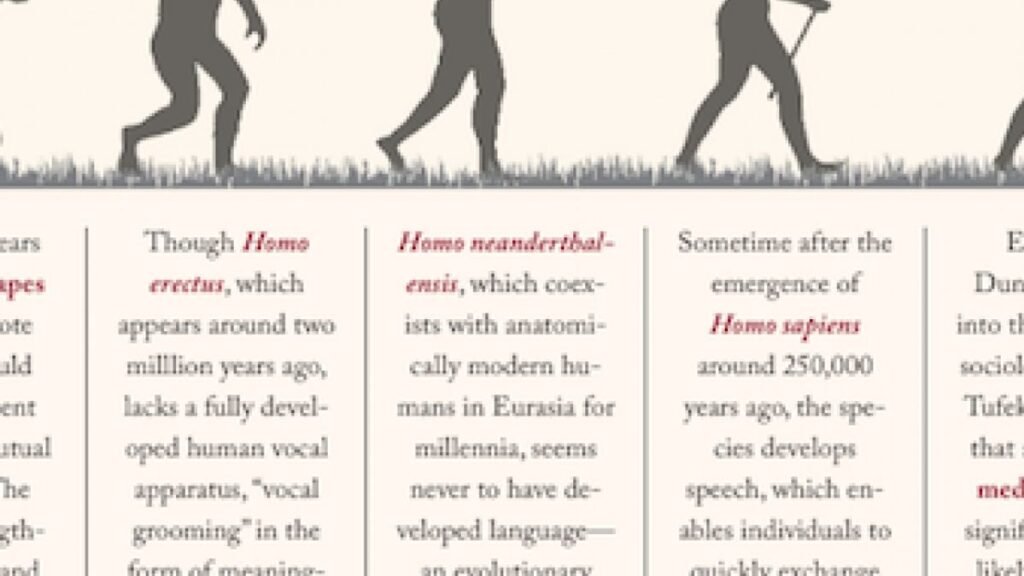The evolutionary origins of gossip
Recent research has delved into human social traits toward gossip, investigating its evolutionary origins and its persistence in human societies. A paper published in the prestigious journal Proceedings of the National Academy of Sciences argues that gossip can prompt individuals to modify their behavior in response to the reputation of others. This response, in turn, leads to cooperative behavior and strengthens gossip as an evolutionary strategy. Utilizing agent-based testing and game-theoretic models, researchers propose a “gossip evolutionary cycle” to explain the robustness and persistence of gossip as an evolutionary strategy.
Gossip evolution cycle
This study reveals that gossip evolves from the interplay of positive feedback of reputation dissemination and self-interest deterrence, which leads to its ubiquity and eventual entrenchment throughout the population. . The novel reputation system design used in the study allows players to more accurately predict their neighbors’ strategies and provides important insights into the evolutionary stability of gossip.
Gossip: A tool to curb cooperation and selfishness
The Stanford University paper further explains the evolution of gossip in human societies, arguing that the propagation of personal reputation through gossip leads individuals to cooperate with the gossipers. The joint consequences of gossip’s reputation dissemination and self-interest deterrent functions highlight the evolutionary benefits of gossip. This advantage contributes to the spread of gossip and maintains the reputation system and cooperation of human societies.
Agent-based evolutionary game theory model
The researchers used an agent-based evolutionary game theory model to evaluate the proposed evolutionary cycle of gossip. This model emphasizes the role of gossip in spreading reputation and suppressing selfishness, thereby leading to the prevalence of gossip in human society.
Gossip: Humankind’s oldest viral trend
Another study summarized in a News24hr article echoes the same sentiments about the persistence and evolution of gossip. It suggests that disseminating information about absent third parties may encourage individuals to change their behavior in response to others’ reputations. The use of agent-based computer simulations to build a game-theoretic model to test this hypothesis strengthens the validity of the proposed evolutionary cycle of gossip. The results of this study confirm that gossip is and will continue to be prevalent in human society, with the overall population cooperation rate remaining high at 78%.
the future of gossip
Findings from these studies call for applying similar modeling frameworks to other aspects of human interactions to uncover the prevalence of everyday behaviors that have deep evolutionary implications. Given the compelling evidence suggesting the evolutionary stability of gossip, we expect it to continue to play an important role in human relationships, promoting cooperative behavior and discouraging selfishness. Despite its often maligned status, swearing appears to be an essential part of our evolutionary tradition and serves an important function in regulating social behavior.

